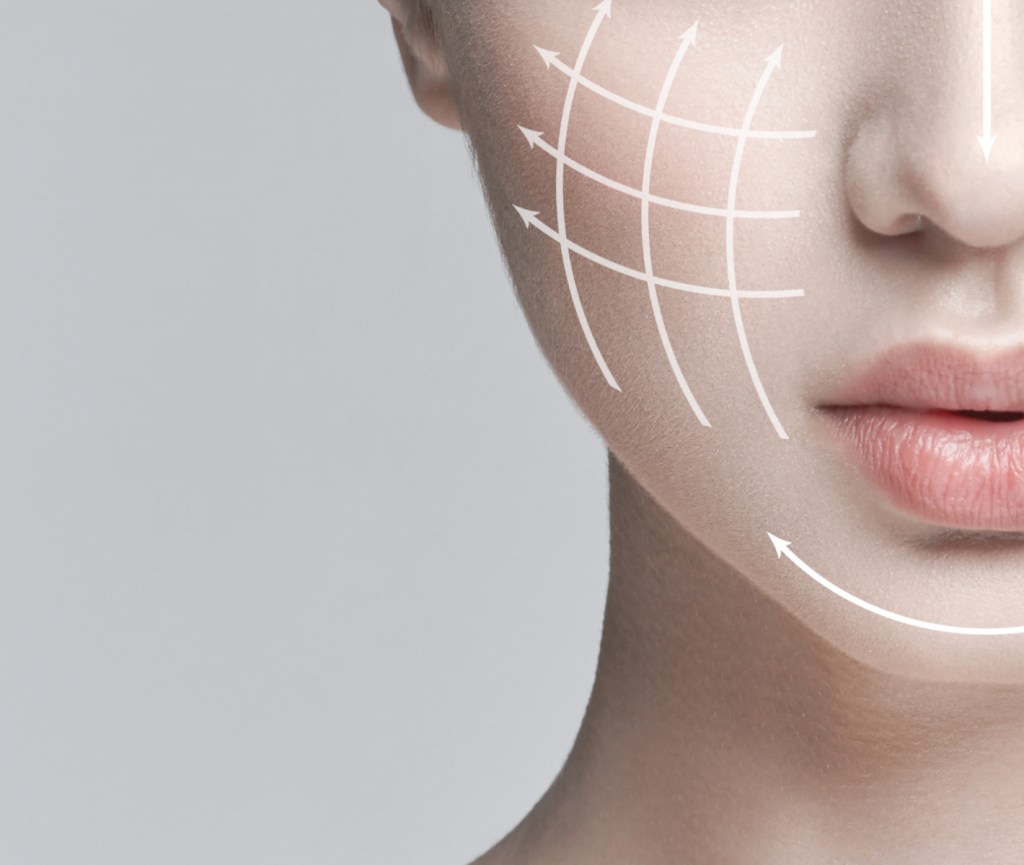Why is Oxygen Good for your Skin?
Oxygen, often recognized as the elixir of life, plays a crucial role in maintaining healthy and radiant skin. Our skin, like every cell in our body, requires oxygen to thrive. It aids in various essential functions, including cell regeneration, collagen production, and overall skin rejuvenation.

Skin Cell Turnover
One of the primary benefits of oxygen for the skin is its ability to enhance cell turnover. As we age, the skin's natural ability to oxygenate decreases, leading to dullness, fine lines, and a lackluster complexion. Oxygen helps stimulate cell renewal, resulting in fresher, more vibrant-looking skin.

Oxygen plays a critical role in the process called cellular respiration. Our skin cells use oxygen to generate energy through a series of complex chemical reactions. This energy is essential for various cellular functions, including cell division and regeneration. When skin cells receive an adequate supply of oxygen, it enhances their metabolic activity, allowing them to function more efficiently. This increased efficiency speeds up the cell turnover process, promoting faster renewal and regeneration of new, healthier skin cells. In simpler terms, oxygen acts as a fuel that powers our skin cells, helping them work faster to renew and rejuvenate our skin.
Anti-Bacterial Properties
Moreover, oxygen has remarkable antibacterial properties, making it an excellent combatant against acne-causing bacteria. By increasing oxygen levels in the skin, it helps purify pores and reduce the likelihood of breakouts.
Oxygen possesses antimicrobial properties primarily through oxidative stress. When bacteria are exposed to oxygen, it can generate reactive oxygen species (ROS) like hydrogen peroxide. These ROS can damage bacterial cell membranes, proteins, and DNA, hindering their growth and survival. Additionally, oxygen supports the function of immune cells like macrophages and neutrophils, which use reactive oxygen species to kill bacteria as part of the body's defense mechanism. This oxidative environment created by oxygen helps inhibit the growth and proliferation of various types of bacteria, contributing to its antibacterial effects.

Collagen Synthesis
Another remarkable aspect is its role in collagen synthesis. Collagen, the protein responsible for maintaining skin elasticity and firmness, relies on oxygen for its production. Adequate oxygen levels assist in maintaining youthful skin by supporting collagen formation.

Oxygen is essential for a process called collagen synthesis, which occurs in our skin cells called fibroblasts. When oxygen levels are adequate, these fibroblasts produce a protein called procollagen, which is a precursor to collagen. This procollagen then undergoes various enzymatic processes, with oxygen playing a critical role in the final steps of collagen formation. Specifically, oxygen facilitates the action of enzymes involved in modifying and cross-linking procollagen molecules to create mature collagen fibers. These fibers are essential for maintaining the skin's strength, structure, and elasticity. In simpler terms, oxygen is like a key ingredient that helps fibroblasts create collagen, which keeps our skin strong, firm, and youthful.
Conclusion
From revitalizing tired skin to promoting a healthy glow, oxygen plays a vital role in skincare. Incorporating oxygen-infused treatments or products into your skincare routine can have significant benefits for your skin. As we go about our daily lives, our skin is constantly exposed to environmental pollutants and free radicals, which can lead to dullness, dehydration, and premature aging. Oxygen treatments help combat these effects by delivering a boost of oxygen directly to the skin.
So, whether you choose to indulge in an oxygen facial at a spa or incorporate oxygen-infused products into your daily skincare routine, the benefits are clear. Your skin can greatly benefit from the rejuvenating and refreshing effects of oxygen, leaving it looking and feeling revitalized, rejuvenated, and radiant.

Breathe Life into your Skin.







